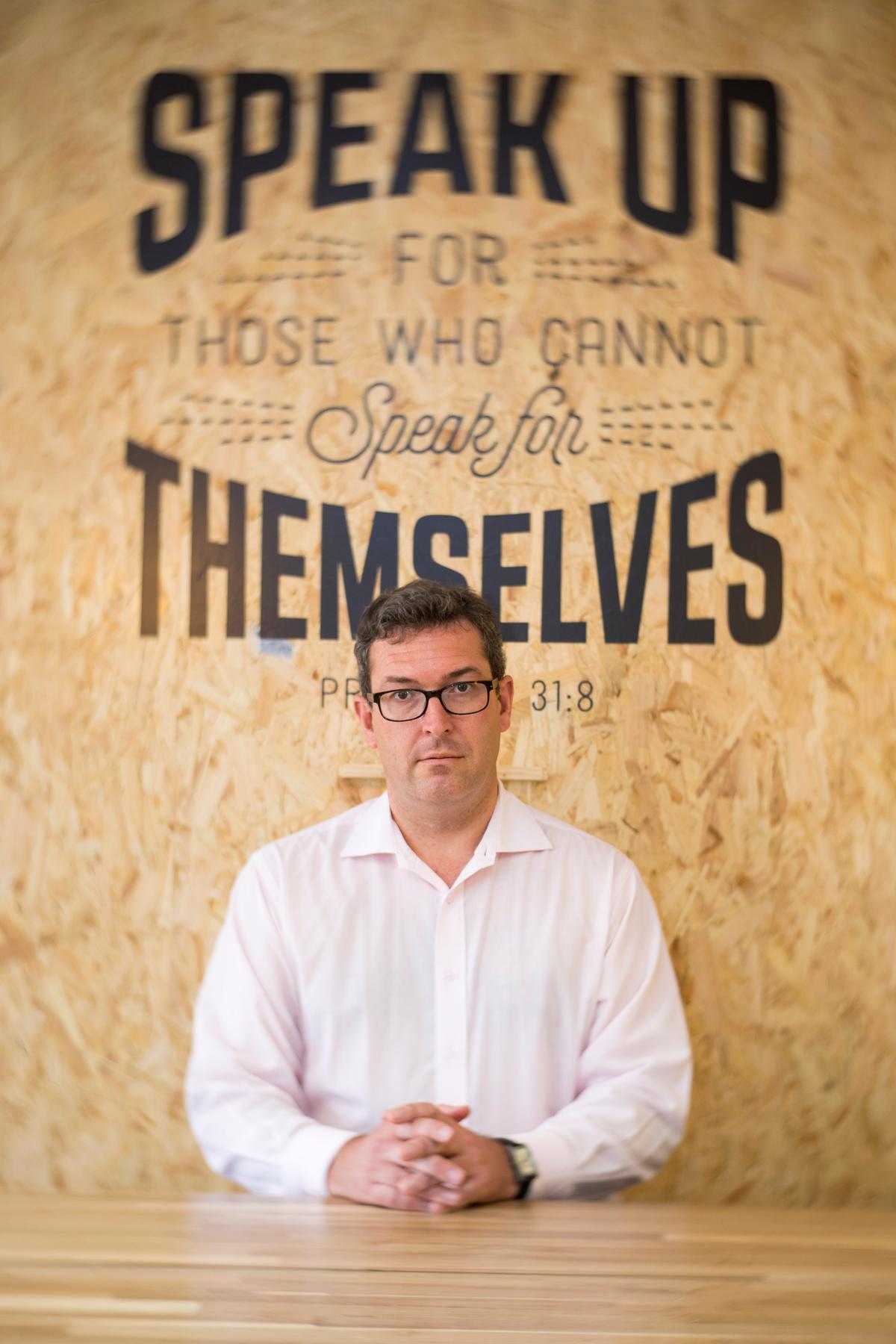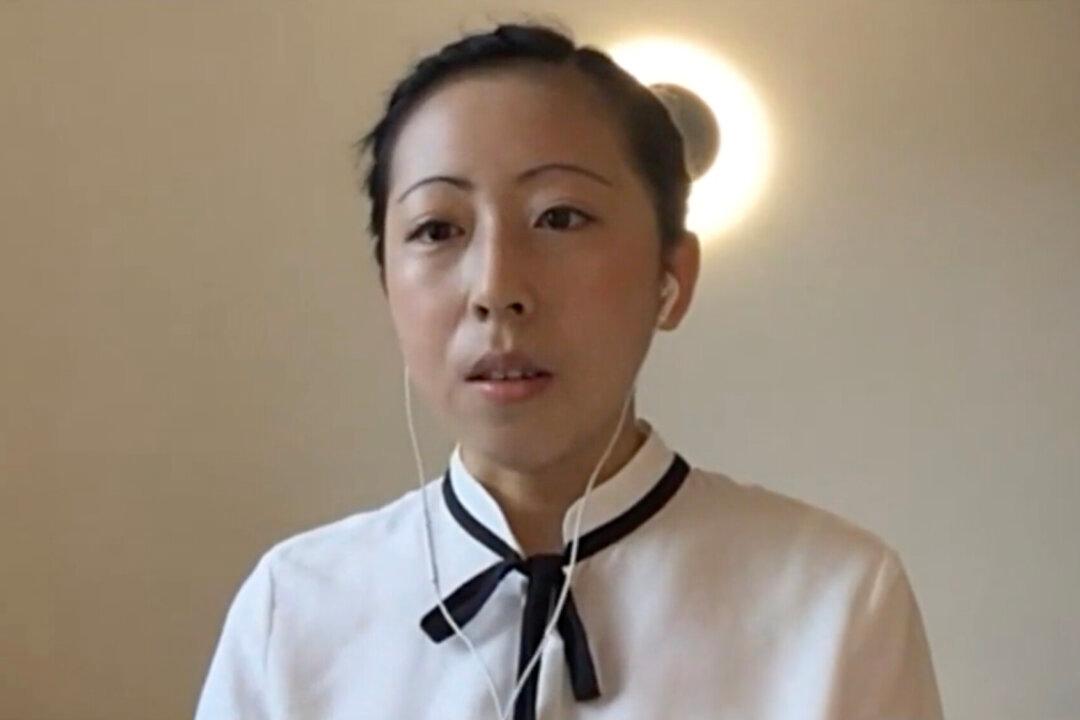Benedict Rogers has missed a bomb by five minutes in Islamabad, had friends who have been assassinated for defending human rights, and been deported from Burma – twice.
His job is unusual, not just because it’s so unpredictable, but because one of his main aims is for it to no longer have to exist.
“Sadly,” he said, “I think I will be in employment for many years.”
Rogers has been a human rights activist for 23 years, firstly in his spare time as a student and journalist, and then full time with Christian Solidarity Worldwide.
There is a phrase imprinted on the wall behind him that echoes the tone of our interview: “Speak up for those who cannot speak for themselves.”
“I think as human beings we have a responsibility, particularly those of us who have freedom, to use that freedom to speak up for others who can’t,” he said.
Inspired by courage
The case of a 15-year-old Burmese boy has always stayed with Rogers. They met in the jungle at a camp for people who were internally displaced.
The boy had seen his parents killed by the Burmese army. Then he was forced to be the army’s porter, carrying heavy ammunition and supplies. He was severely beaten, particularly when he was very tired and lagging behind. The boy had eventually escaped to the camp.
He pleaded to Rogers: “Please tell the world to put pressure on the military to stop killing its people. Please tell the world not to forget us.”
As a human rights activist, those words touched Rogers deeply.
“It sums up what I try to do, which is to try and make sure the world doesn’t forget people like him, whether it’s Burma or in China, or any of the other countries that I work on,” he said.
For those who want to become involved in human rights work, Rogers suggests getting to know people who have survived abuses or who are here as refugees and asylum seekers, and hearing their stories firsthand.
“I think my motivation has grown every time I meet people face-to-face who’ve suffered or are suffering. I’m inspired often by their courage, by their faith and their persistence despite the suffering that they’ve had,” he said.
He’s never thought of stopping. “There are of course times when it can be frustrating or depressing or one might ask oneself ‘is what I’m doing making any difference?’ I’ve had those moments. But I’ve never had a thought that I want to give up.”






